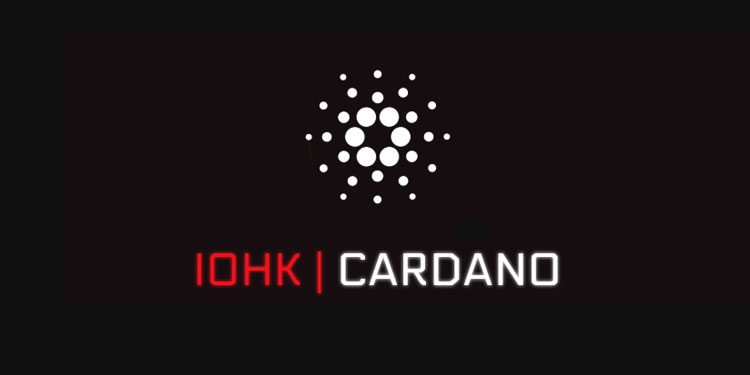Blockchain research and development company IOHK, has announced a unique interoperability feature for the Cardano blockchain platform, which will allow it to handle non-native blockchain-based assets, or ‘tokens’ natively. This solution allows tokens from other chains, whether holding monetary value or not, to be represented on Cardano without the need for smart contracts or custom code. It also enables those assets to behave in a similar way to Cardano’s currency, ADA, meaning that projects can take advantage of Cardano’s speed, security, and reduced transaction costs.
The current tokenization process is inherently inefficient as it requires the creation and implementation of custom code. This adds a layer of complexity, cost (gas is needed to pay for the execution of the code), and inefficiency, as token code for both standards is replicated and adapted, rather than being part of the system itself. Beyond inefficiencies, this also leaves room for human error. If custom code is done sloppily, it can introduce bugs that could lead to financial loss, as was seen in 2017 when software bugs led to the loss of $300m worth of Etherum’s cryptocurrency.
IOHK’s ‘native tokens’ solution for Cardano is set to change this. It removes the unnecessary layer of expensive complexity and inherent inefficiency by allowing third party tokens to operate on Cardano as if it was a custom-designed blockchain for them, rather than having to clunkily adapt in order for the token to work on the chain. It also enables those assets to behave in a similar way to Cardano’s principal currency, ADA, allowing projects to access market-leading levels of speed and security, and removing prohibitive gas costs.
The rollout of this solution will begin with a pre-production environment this month, with it set to go live on the Cardano mainnet in Q1 2021.
